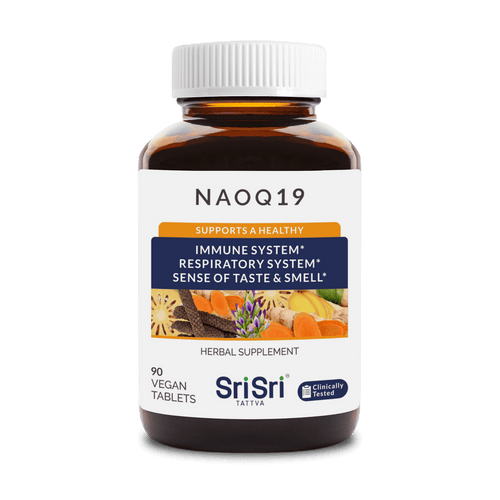According to Ayurveda, drinking pure water provides the simplest solution to many health issues. However, the healing benefits of water depend on how we drink it. Should you drink cold water, hot water or room temperature water? How much water should you drink?
Low Agni, or digestive fire, results in improper food digestion, which causes a build-up of toxins in the body that is the root cause of many health issues. Long-term, untreated toxin build-up known as ama can aggravate the doshas. This imbalance in the body ultimately leads to fatigue, tumors, cysts, high cholesterol, and more. If the vata dosha is too high, the bones and nervous system may be affected.
An aggravated pitta dosha may cause inflammation as well as heart issues.
And a too high kapha dosha may manifest as mucus, coughs, asthma and obesity.
Ayurveda teaches that drinking ice cold water is like pouring cold water on a fire. Cold water extinguishes the digestive fire that is necessary to keep strong and balanced in order to maintain good health.
This rule also applies to all cold drinks and foods, which should not be consumed straight from the fridge. Drinks and foods are much better digested by the body at room temperature rather than cold.
How much water should l drink?
We all are different and have unique bodies and needs; therefore, even the water intake depends on the individual body constitution. However, for most people it’s important to drink 1,5 to 2 litres per day to flush out bodily toxins.
A few sips of warm water with your meal is optimal to soften and prepare the food before it is digested. However, on the contrary, excessive water consumption, especially cold water, shortly before and after meals interferes with proper digestive processes. In fact, too much liquid intake slows down digestion, making it lazy and sluggish. Healthy balanced digestion — not too weak and not too strong — is the foundation of good health, longevity and is a major focus of Ayurveda.

How to proceed?
Here are few tips to deliciously enhance your water consumption while supporting your well-being throughout the year:
Spring
Spring is the season where there is an increased level of kapha dosha that has to be reduced. Therefore, you’ll want to add warming spices such as fresh or dried ginger, cumin seeds, or honey with lemon, to your water to lighten the heaviness.
Summer
Warm summer is the season to balance the increased level of pitta. Try the cooling properties of fresh mint or fennel seeds in your water. While also freshening the breath, fennel seeds taste great after a meal and reduce acidity in the body. Chewing fennel seeds is also highly beneficial in treating indigestion, bloating, flatulence, constipation, colic, intestinal gas, heartburn, and even irritable bowel syndrome.
Autumn
Autumn is a windy, dry season of change when increased vata requires a grounding, warming regimen. During this time, you’ll enjoy cumin seeds. Or squeezing fresh lemon or lime juice and adding with a little bit of honey to your warm water.
Winter
Winter is an inward season of short days and longer nights. It brings cool weather with less daylight, during which you’ll want to add fresh or dried ginger, tulsi, cinnamon, or star anise to your warm water to keep your Agni balanced.
This article was originally published by the Sri Sri Tattva European Editorial Team (https://www.srisriayurveda.eu/) and is reposted here with their permission
Disclaimer
The sole purpose of these articles is to provide information about the tradition of Ayurveda. This information is not intended for use in the diagnosis, treatment, cure or prevention of any disease. If you have any serious acute or chronic health concern, please consult a trained health professional. Check with your doctor before taking herbs, herbal food supplements or using essential oils.





